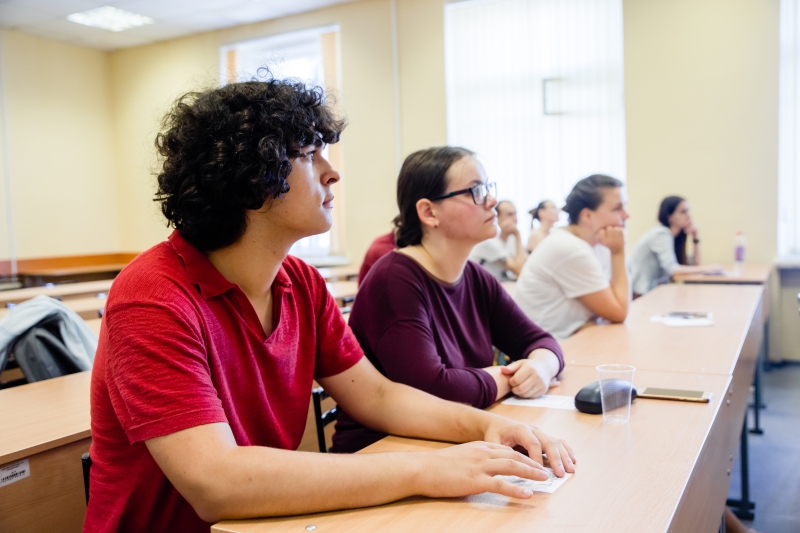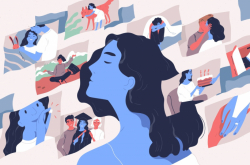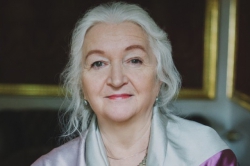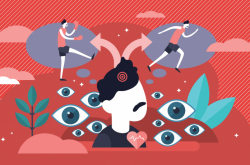“Everything that you see around is just a plausible illusion. Because it’s only your brain that, through collecting knowledge, constructs the reality,” shares Roman Tikhonov, a lecturer at the Higher School of Economics and junior research associate at St. Petersburg State University and the Higher School of Economics, about the importance of cognitive processes.
As part of the open week of cognitive experiments, anyone could take part in 17 studies covering attention, memory and even intuition. After each experiment, the laboratory staff told the participants what the hypothesis was, what the results showed and why this theory is important for modern science.

“Intuition”
About the experiment: two volunteers sit opposite each other. The first participant has a laptop in front of them, while the second one is given headphones and a keyboard. During the first part of the experiment, one participant sees 36 different sequences of letters. They’re given five seconds to review each sequence. After that, there appears another sequence, following which the participant has to answer whether it is composed according to the same rule as the previous ones or not. When choosing the answer, they also note whether they feel confident about it or not.
During the second part of the experiment, another participant puts on their headphones and after a long beep indicating their partner’s response, they have to tell if the first participant was confident about their answer or not. This has to be done without using body language or voice. After that, the participants switch roles and the experiment is conducted again.
As noted by Alina Savina, a PhD student at the Faculty of Psychology of St. Petersburg State University, if people do not try to analyze the tasks they are given and answer intuitively, the percentage of correct answers is about 60-70% in the first part and 50-60% in the second.
“In this experiment, we study intuition in the scientific sense of the word. The first part of the experiment shows how unconscious learning works, when guesswork can give you more correct answers than analytics, which you simply do not have enough time to conduct. In the second part, the participants have to understand their partner’s metacognitive processes. That is, you must intuitively understand how confident a person is about what he or she says,” Alina explained.
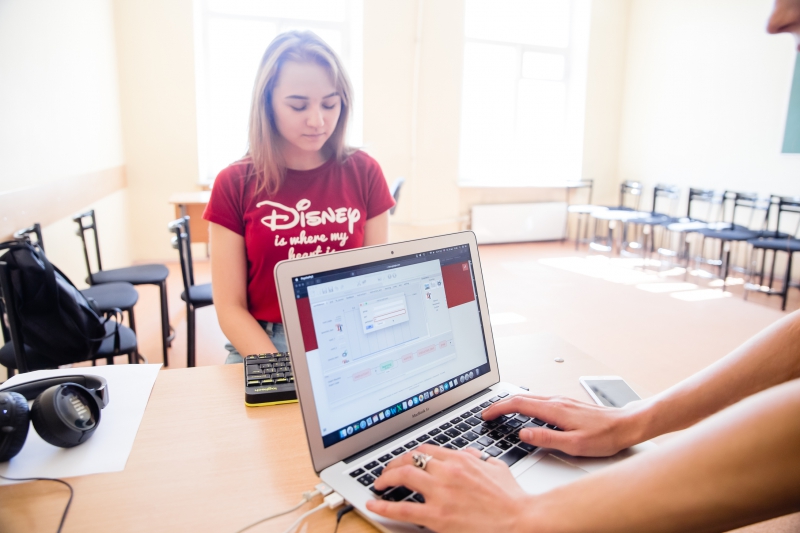
“Word or not”
About the experiment: the test takes place in a computer class, enabled by special software. Over the course of 20-25 minutes, first flashing lines and then words appear on the computer screen, which a participant has to recognize as existing or nonexistent in the Russian language. What is more, they need to do this as quickly as possible, because researchers take into consideration the speed with which they respond, too.
“This experiment has a clear linguistic focus. What we want it to determine is what part of a word – prefix, root or ending – a native speaker looks out for in the first place to quickly establish whether it exists or not. Our international colleagues found out that for the English language, it is the beginning of a word that plays the key role, but in Russian, prefixes, suffixes and endings are subject to constant changes, so it stands as tentatively possible to rely on one of these parts in the word analysis. There is a hypothesis out there suggesting that the word’s root is the most important for the Russian language, but it’s only the results of the experiment that can prove or refute this statement,” says Elizaveta Kuzmina, an undergraduate student at St. Petersburg State University’s Faculty of Liberal Arts and Sciences.
“Searching for associations”
About the experiment: in the course of 45 minutes, a participant is required to perform the task of selecting one common word which forms a fixed expression with three other words offered. For example, in the square – cross – sunset pairing, the correct answer would be red: Red Square, Red Cross, red sunset. All in all, the volunteer has to choose the key words for several dozens of similar chains. An important part of the experiment are questions that follow each answer. Researchers ask volunteers to report if they’ve experienced a “eureka moment”, that feeling when after a long searching effort, you finally remember the right word or find a solution to the problem.
According to Artur Ammalainen, a PhD student at St. Petersburg State University’s Faculty of Psychology and an associate at the university’s Cognitive Research Laboratory, experiencing an eureka moment leads to instability in our emotional levels. We are swept by an avalanche of emotions ranging from admiration over the right answer to sadness that we were unable to do this sooner.
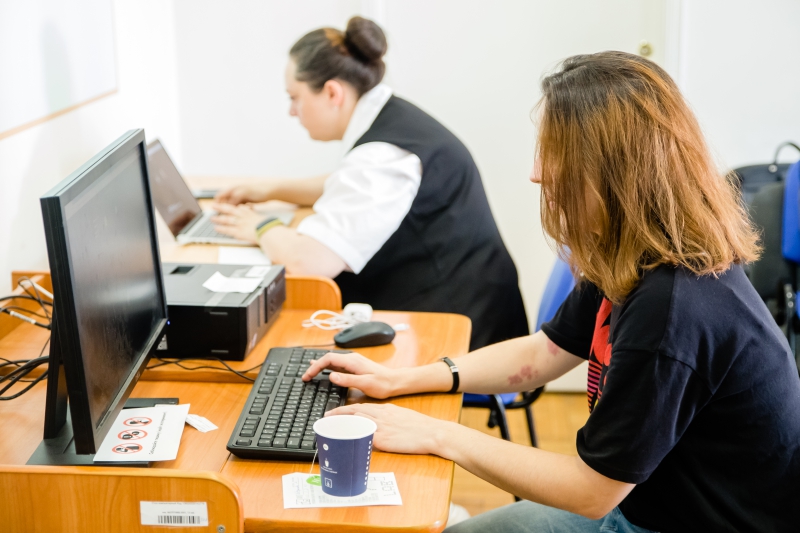
“It’s fascinating, but we experience solving the associations problem and that from a maths textbook in a completely different way. When you’re solving a maths problem, you know the rules, and, through a consequent application of the latter, move towards the final goal. At more or less any point of performing this operation, you can answer the question of how much time is left until the task’s completion. But this is not the case when looking for an answer to a riddle or solving an associations task. You don’t know whether you’ll be able to solve it altogether and what stage you are at. Without a clear-cut algorithm, an answer dawns on you unexpectedly, which causes the “eureka moment” feeling, the joy of a sudden, correct guess,” explains Artur.
The members of the Prof. Allahverdov-led research group offered volunteers to partake in 17 experiments in total, each lasting from 15 to 45 minutes, so it would take more than one day to complete them all.
Cognitive psychology is an interdisciplinary field which is now being actively developed and introduced into different spheres of modern life. For instance, major companies are willing to pay marketing and PR specialists to obtain an accurate understanding of how to sell their product with the help of existing cognitive technologies. The courts are searching for lawyers with an expertise in the science of cognition so that they could build the most effective strategy possible for communicating with suspects and witnesses. However, the science of knowledge is needed first of all for each and every one of us: after all, this is an indispensable tool for self-organization and understanding the thought processes taking place in our heads.
